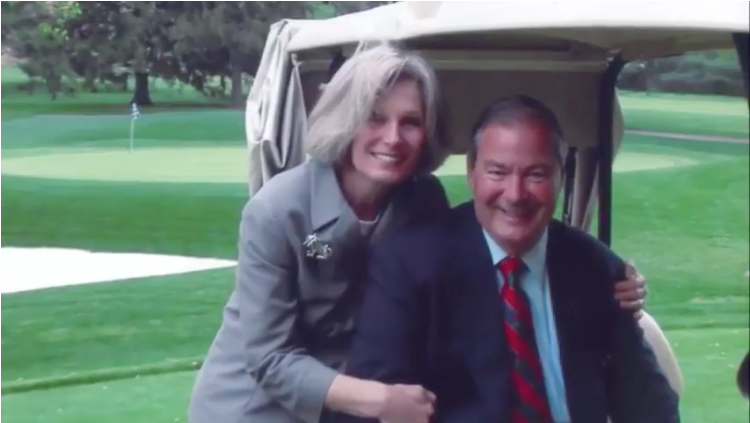

Eckenhoff Video
Eckenhoff Video
EDWARD A. ECKENHOFF in First Person: Selections from the Oral History Interview
He was looking forward to spending the summer after his freshman year at Transylvania University working as a lifeguard at Long Beach Island on the Jersey shore. Packed and ready to travel home for summer break, young Ed Eckenhoff was awakened by his roommate, who had returned from a party, realized that he had left his wallet behind, and asked Ed to ride along while he drove back to get it. Fifteen minutes later, his roommate was dead, and Ed was severely injured in a car crash that changed his life. With legs paralyzed, he was forced to change focus from athletic to academic pursuits and became a committed student.
First, however, he needed to recover from his injuries and learn to walk again – with the help of braces and crutches and dedicated caregivers. He spent three months in a rehabilitation hospital – as a patient – and most of the rest of his professional life in rehabilitation hospitals – as a leader. His career took him from the renowned Rehabilitation Institute of Chicago to the founding of the National Rehabilitation Hospital (now known as the MedStar National Rehabilitation Network) in Washington, D.C.
In these selections from a longer oral history interview, Eckenhoff gives an account of how he went about skillfully brokering relationships and using networks of powerful friends to secure commitments from prominent Washingtonians to serve on the founding board of the National Rehabilitation Hospital, which was opened in 1986. His experience with distinguished trustees had come from working with the RIC board in Chicago. He also describes the early challenges of attracting top-flight clinicians to the new hospital in D.C.
Also included in this oral history interview is a conversation between Eckenhoff and his successor, John Rockwood, on topics of succession planning and the transition of leadership at the MedStar National Rehabilitation Network.
The full text of this new oral history interview is available at no charge on the Center website at http://www.aha.org/chhah.

